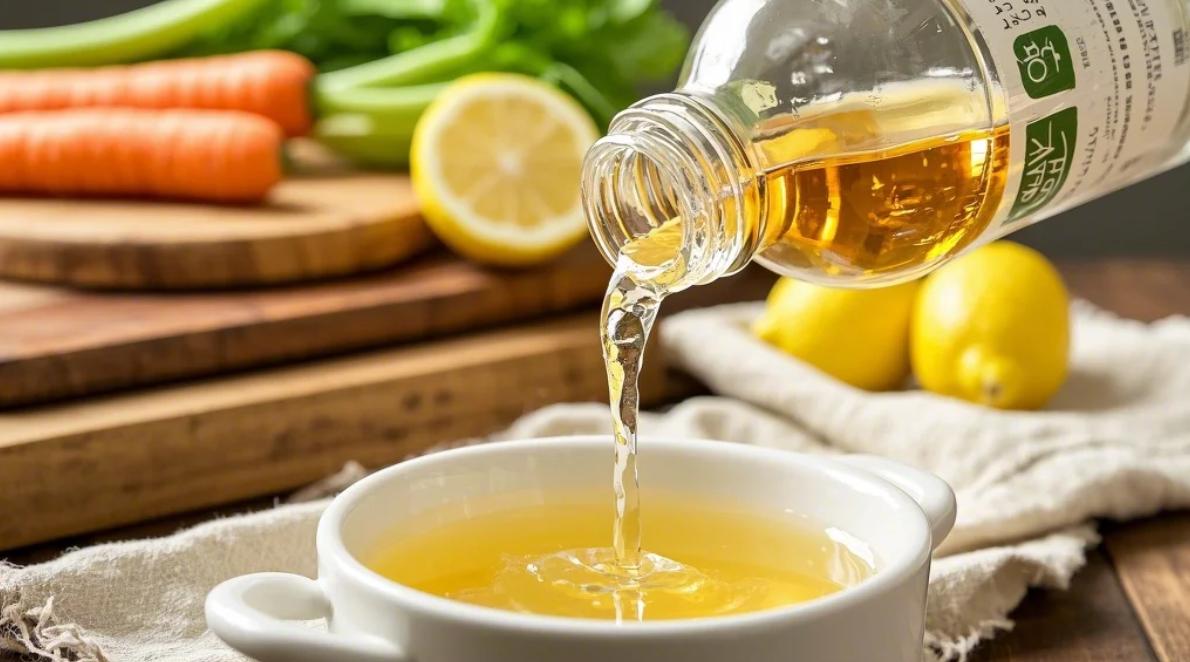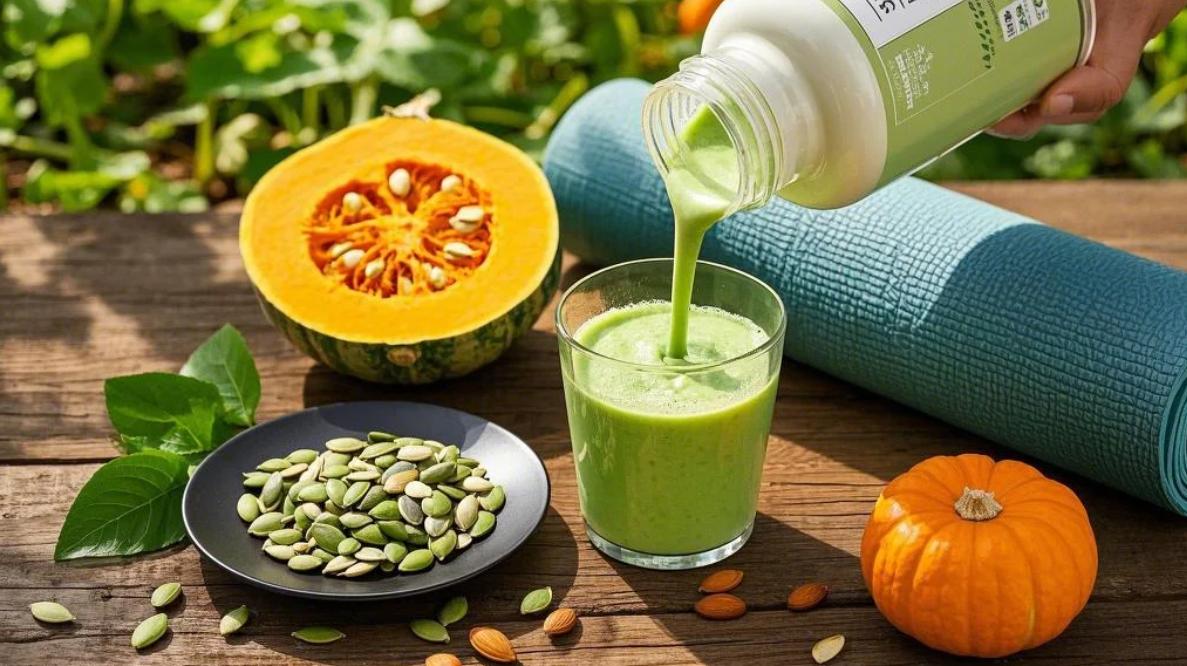Table of Contents
Organic allulose syrup is a low-calorie, natural sweetener that has the same taste and texture as sugar, but without the negative health effects. It is derived from fruits and vegetables, such as figs, raisins, corn, and wheat, and has a glycemic index of zero, meaning it does not raise blood sugar levels. It also has 90% fewer calories than sugar, making it ideal for weight management and diabetic diets.
The global organic allulose syrup market is expected to grow at a compound annual growth rate (CAGR) of 8.2% from 2023 to 2028, reaching USD 1.2 billion by 2028, according to a report by Research and Markets. The major factors driving the growth of this market are the increasing consumer demand for natural, healthy, and low-calorie sweeteners, the rising awareness of the benefits of organic allulose syrup, and the growing adoption of organic allulose syrup by food and beverage manufacturers.
Some of the key business opportunities in the organic allulose syrup market are:
Product innovation
Organic allulose syrup can be used as a sugar substitute in various food and beverage products, such as baked goods, dairy products, beverages, confectionery, sauces, and dressings. It can also be blended with other natural sweeteners, such as stevia, monk fruit, and erythritol, to enhance the flavor and functionality of the products. Moreover, organic allulose syrup can be used to create novel products, such as keto-friendly, vegan, and gluten-free products, that cater to the specific needs and preferences of different consumer segments.
Some of the examples of product innovation using organic allulose syrup are:
- Allulose Keto Brownies: These are delicious and moist brownies that are made with organic allulose syrup, almond flour, cocoa powder, and eggs. They have only 2 grams of net carbs per serving and are perfect for keto dieters who crave a sweet treat.
- Allulose Vegan Caramel Sauce: This is a creamy and smooth caramel sauce that is made with organic allulose syrup, coconut cream, and vanilla extract. It is vegan, dairy-free, and gluten-free, and can be drizzled over ice cream, pancakes, or fruit.
- Allulose Gluten-Free Granola: This is a crunchy and nutritious granola that is made with organic allulose syrup, oats, nuts, seeds, and dried fruits. It is gluten-free, high in fiber, and low in sugar, and can be enjoyed as a breakfast cereal or a snack.
Market expansion
Organic allulose syrup has a huge potential to expand its market share in different regions, especially in Asia-Pacific, Europe, and North America, where the demand for natural and low-calorie sweeteners is high. The market expansion can be achieved by establishing strategic partnerships with local distributors, retailers, and online platforms, as well as by launching targeted marketing campaigns and promotional activities to increase the brand awareness and consumer loyalty of organic allulose syrup.
Some of the strategies for market expansion of organic allulose syrup are:
- Partnering with local distributors and retailers: Organic allulose syrup can leverage the existing network and reach of local distributors and retailers, such as supermarkets, health stores, and online shops, to distribute and sell its products in different regions. This can help organic allulose syrup to gain access to a wider customer base and increase its market penetration.
- Launching online platforms: Organic allulose syrup can also create its own online platforms, such as websites, social media pages, and blogs, to showcase its products, share recipes, testimonials, and reviews, and interact with potential and existing customers. This can help organic allulose syrup to build a strong online presence and reputation, and attract more traffic and sales.
- Conducting marketing campaigns and promotional activities: Organic allulose syrup can also conduct various marketing campaigns and promotional activities, such as advertising, sampling, coupons, discounts, and contests, to raise the awareness and interest of the consumers towards its products. This can help organic allulose syrup to generate more demand and loyalty, and differentiate itself from the competitors.
Regulatory approval
Organic allulose syrup is currently approved as a food ingredient in several countries, such as the United States, Canada, Japan, South Korea, Singapore, and Mexico. However, it is still awaiting approval in some of the major markets, such as the European Union, China, and India, where the regulatory processes are more stringent and complex. Obtaining the regulatory approval in these markets can open up new opportunities for organic allulose syrup to tap into the large and growing consumer base of these regions.
Some of the challenges and benefits of obtaining regulatory approval for organic allulose syrup are:
- Challenges: Organic allulose syrup may face some challenges in obtaining regulatory approval, such as the lack of standardized definitions and classifications of natural sweeteners, the varying requirements and procedures of different regulatory bodies, and the potential opposition from the sugar industry and other stakeholders. These challenges may result in delays, costs, and uncertainties for organic allulose syrup.
- Benefits: Organic allulose syrup may also enjoy some benefits from obtaining regulatory approval, such as the recognition and endorsement of its safety and quality, the access and protection of the markets and consumers, and the competitive advantage and differentiation from other sweeteners. These benefits may result in increased sales, profits, and growth for organic allulose syrup.

